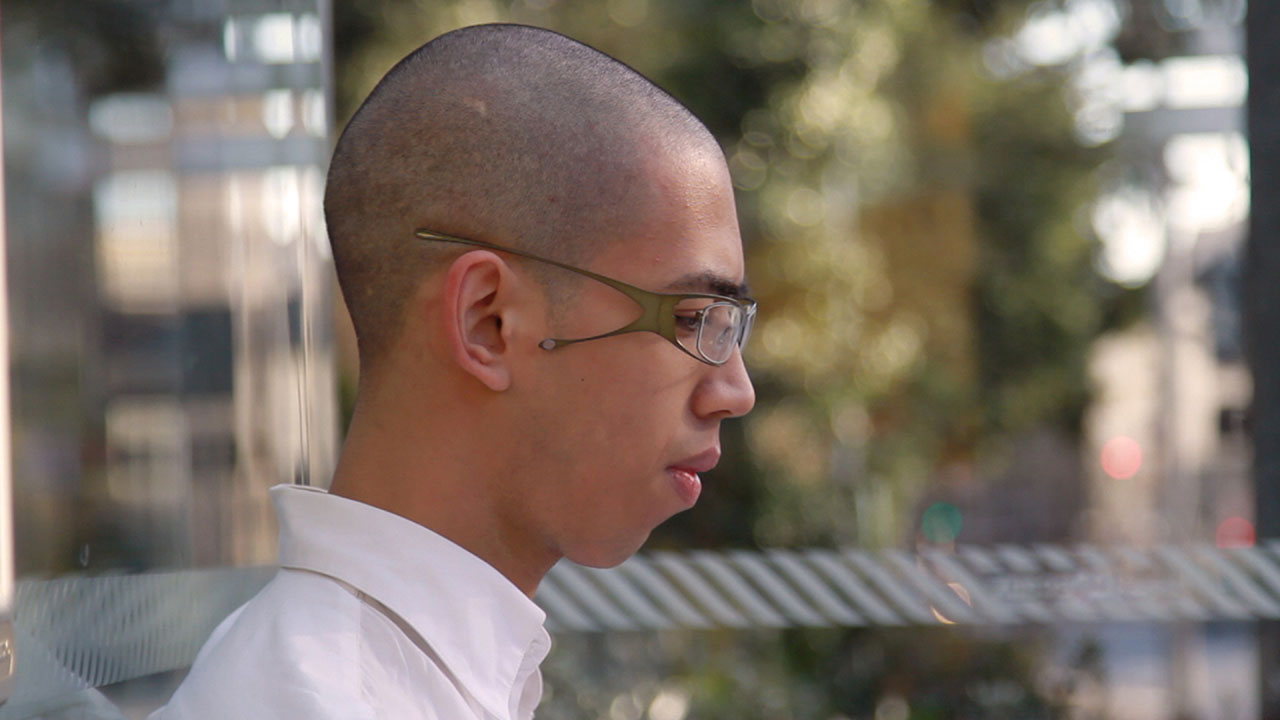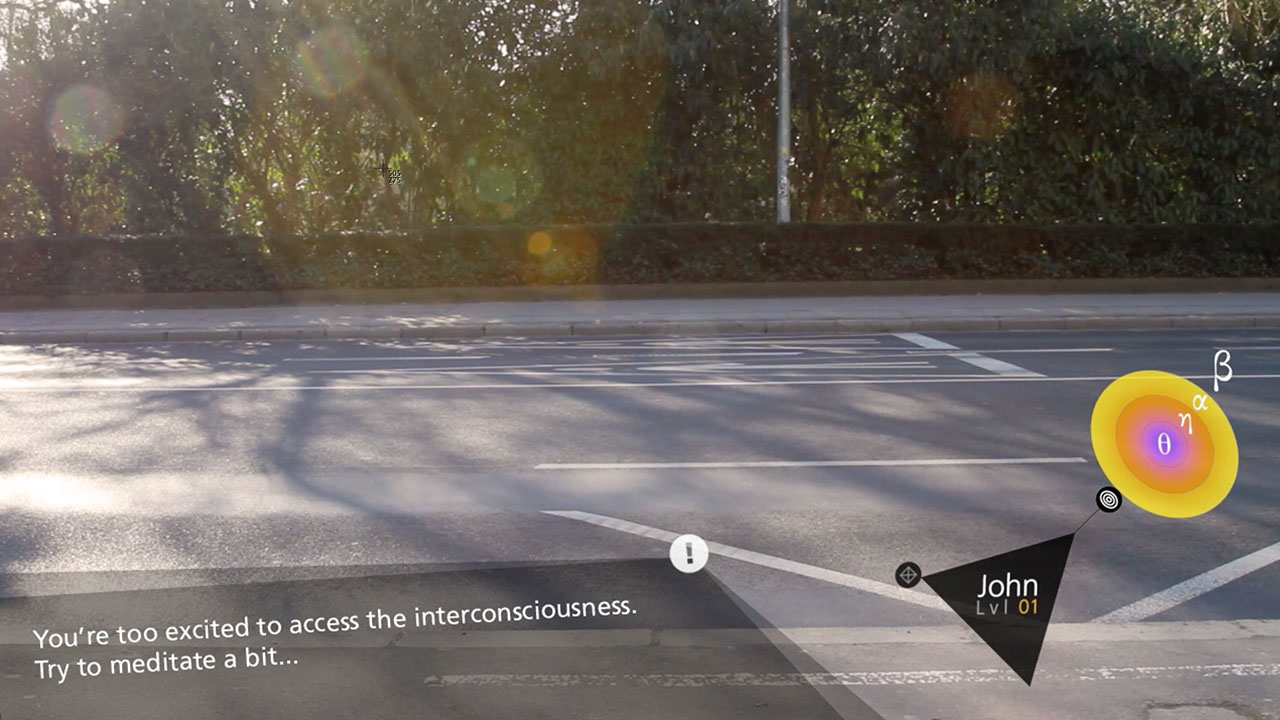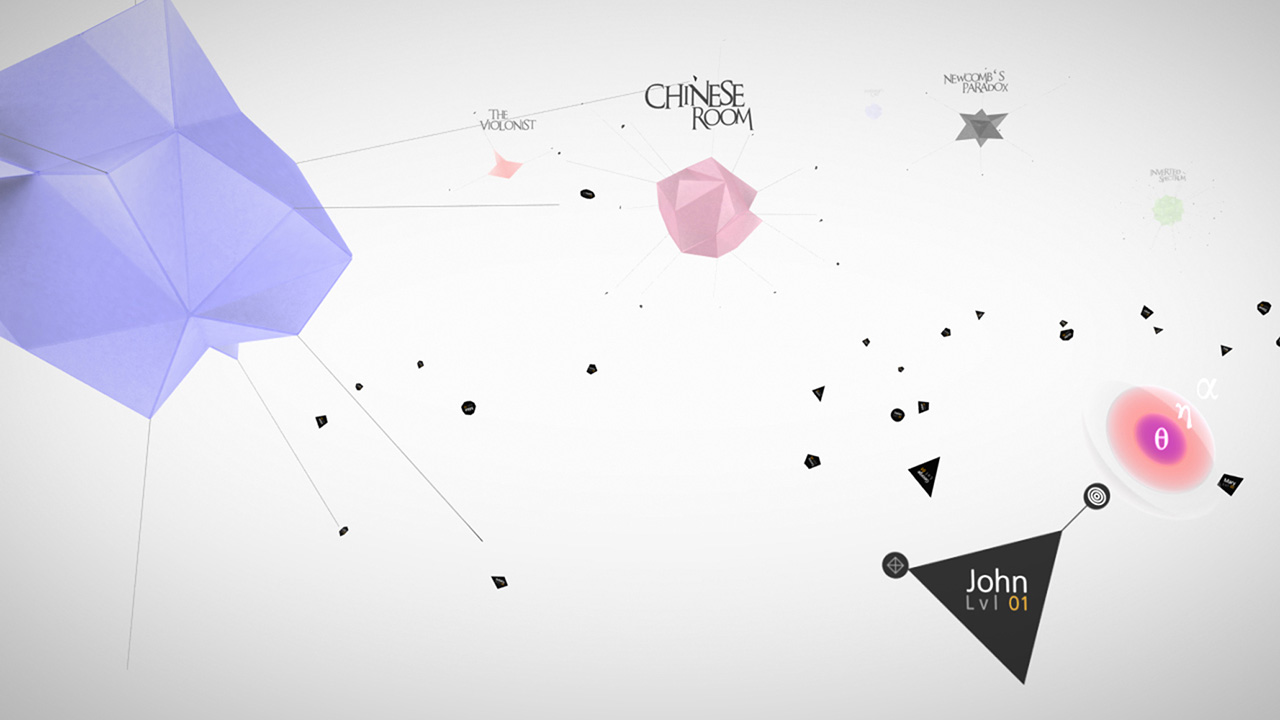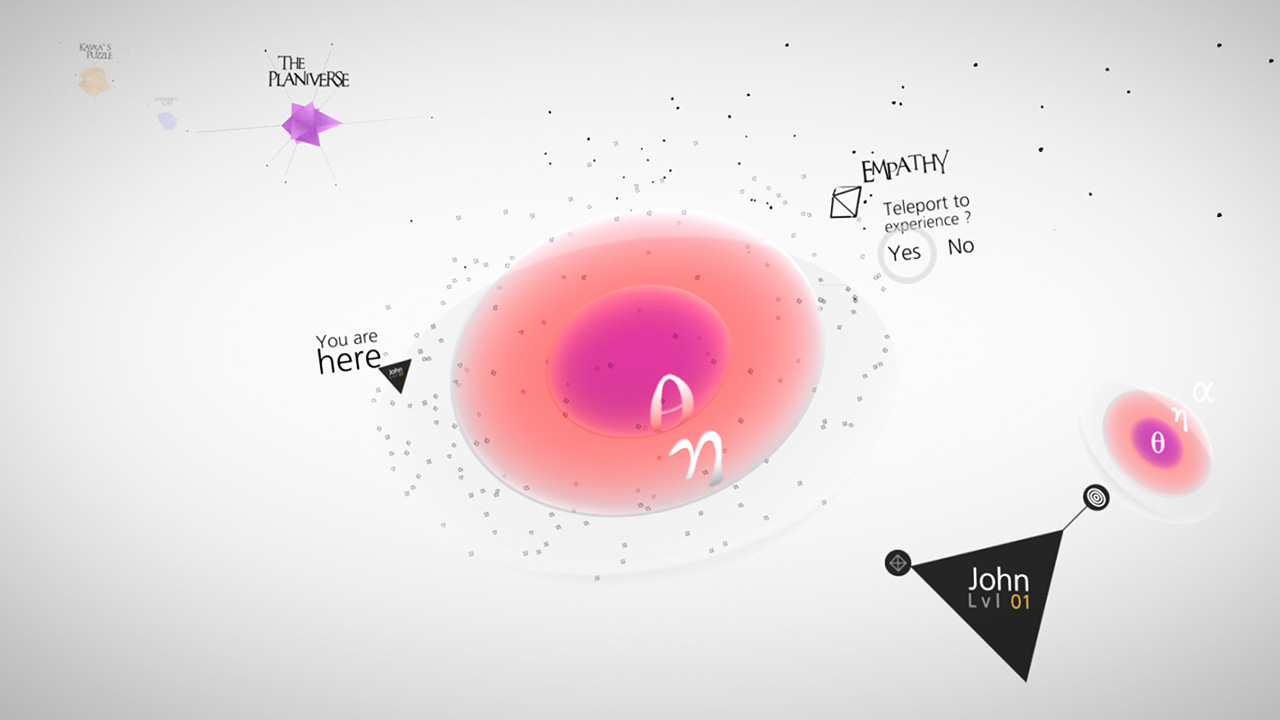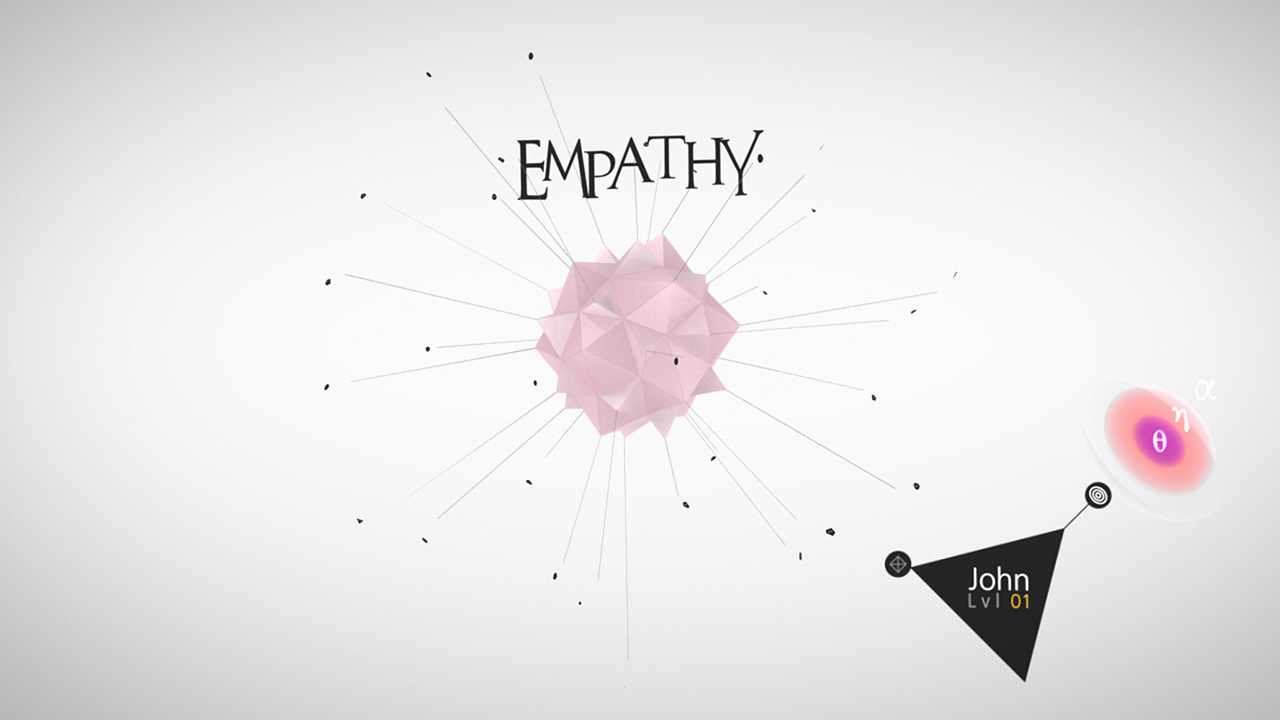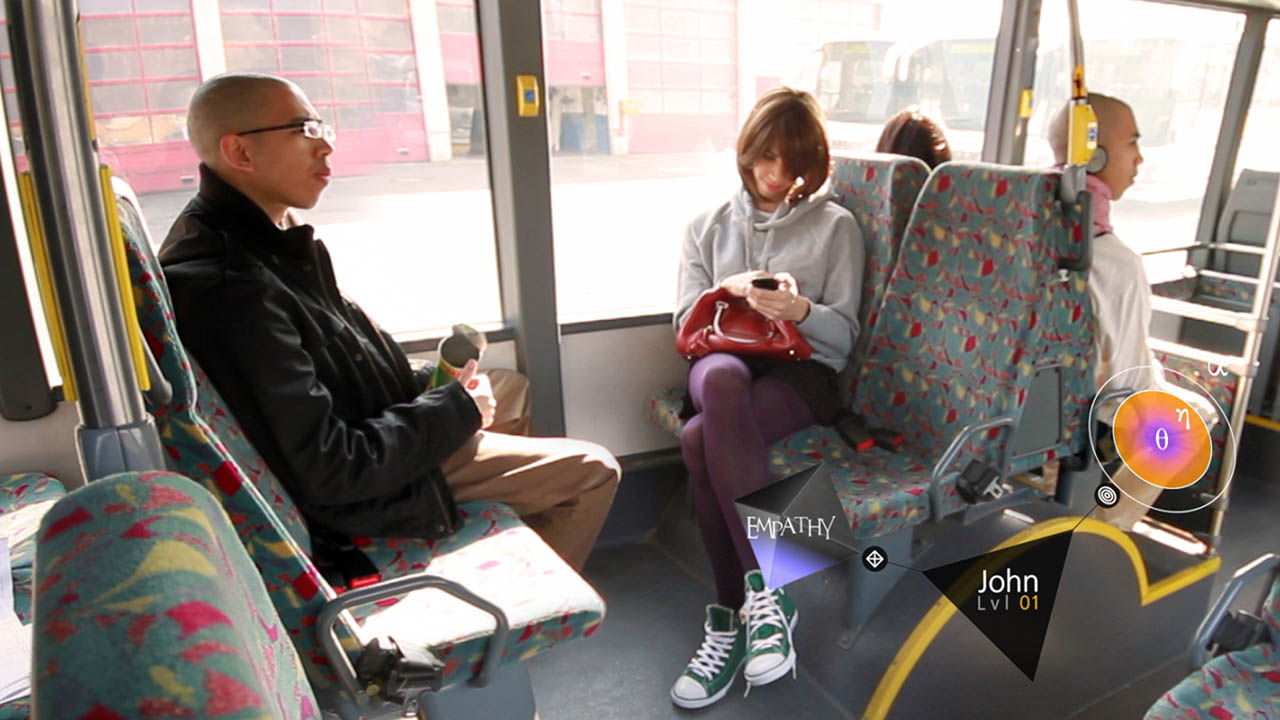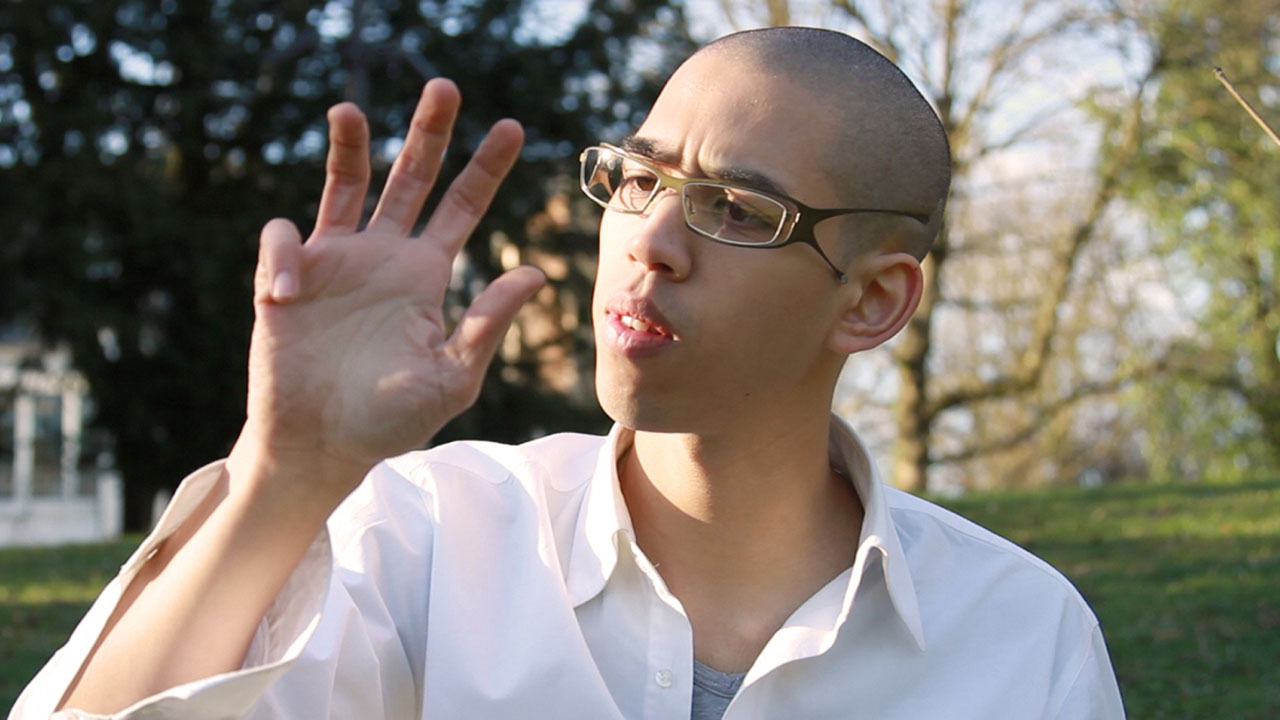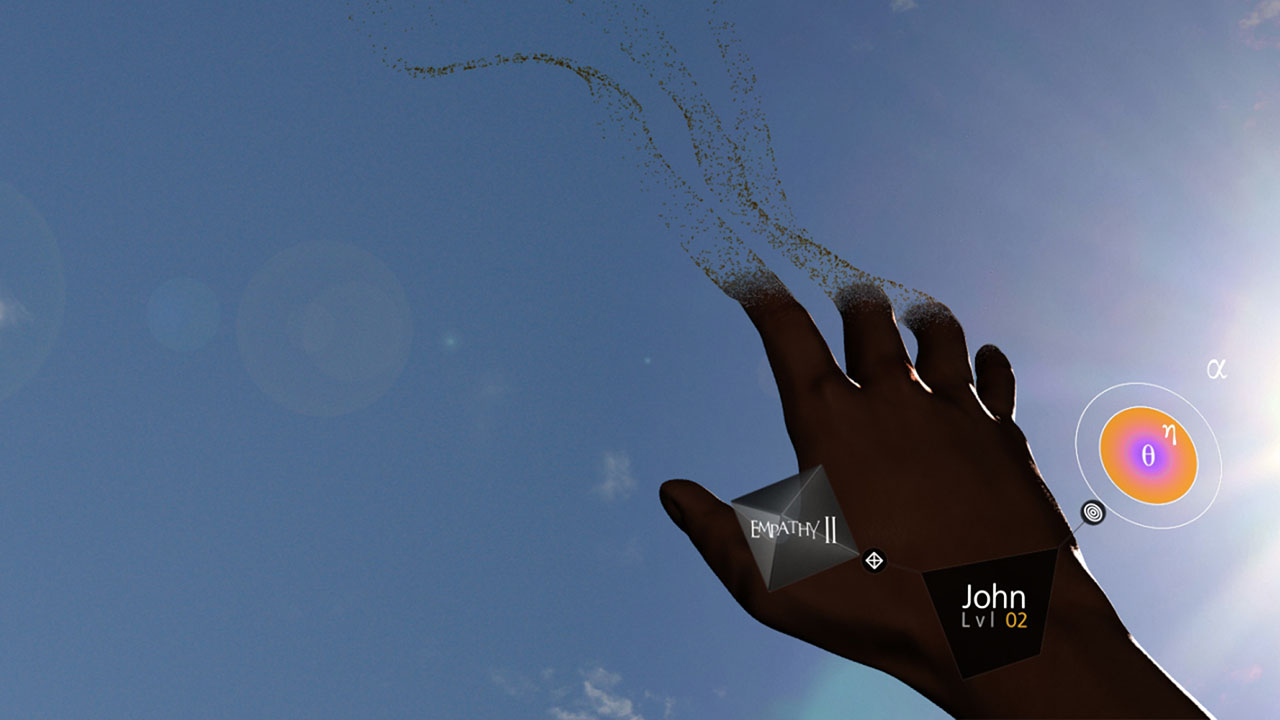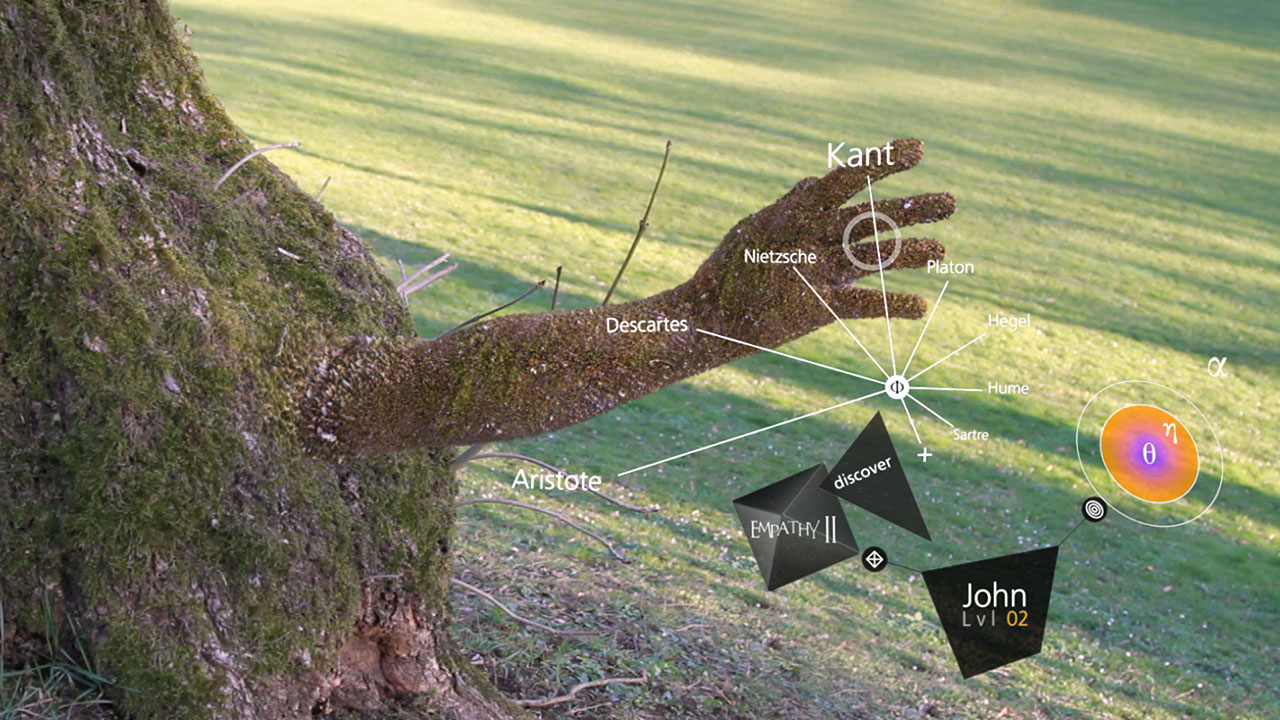Transcendenz explores how augmented reality might nurture our contemplative nature.
I love my phone. I use it a lot. To stay in touch with family, keep up with the world, get work done, unwind with games, and even satisfy spontaneous food cravings. It has become a significant link in my chain of thoughts and actions. It has so for many of us, around 80% of the world is expected to have a smartphone by 2020. The amount of technology packed into our small rectangles is vertiginous, and like a ripple effect, has triggered a myriad of breakthroughs in many other industries. It has changed the world, and along the way, we changed a little bit too.
By enabling us to instantly connect, interact, or entertain ourselves, mobile technologies have allowed us to quickly toggle between different mental states. The nature of these mental states is what caught my interest. While our phones do a great job at helping us be more connected, productive, or entertained, they don’t do as good of a job at nurturing states of reflection, imagination, or introspection. Or these mental modes are absolutely critical in our fast-paced societies. Many studies suggest the direct connection between creativity, happiness and nurturing a contemplative mindset. Or the rapid pace technology dictates, does not quiet match the slow process of mindfulness.
Unlocking Reflection
With Transcendenz I wanted to nudge and excite our contemplative nature. How might we balance our constant connectedness to the external world and the connectedness to our inner world? In a world in which we are increasingly stimulated with injunctions to react or to distract ourselves, how may we be prompted to dwell upon the essential, the existential, the metaphysical?
Transcendenz connects us to an invisible reality. A reality made of ideas, concepts and philosophical questionings which the world is full of, but that our eyes can't see. By bringing together the concepts of augmented reality, brain computer interface, and social networks, Transcendenz offers to live immersive philosophical experiences.
Enter the Interconsciousness
Through meditation, users travel to the Interconsciousness, a calm and silent universe in which they can connect to the various experiences. Each experience transforms our perception of the world in a unique way and reveals an invisible philosophy. By making us aware of things like they are and not like they seem, each experience invites us to transcend our world.
Experiences cover various fundamental topics of reflection such as ethics, existentialism or ephemerality. The deeper your meditation level, the deeper you can travel inside the Interconsciousness and access the highly transcendental experiences.
The Empathy Prism
The empathy experience for instance replaces all the people's faces you see with your own face. By erasing the physical differences among people, the experience nudges us to project ourselves in others, and question our sense of self.
Each experience has the potential to evolve depending on the user’s actions and feelings. The evolution of the empathy experience extrapolates our projection into the world by not only making us feel one with others, but with everything around us, including nature and the universe.
A Personal Experience
2011 — my thesis year — was a good year for another reason. That year I tried magic mushrooms for the first time. It was a breezy night on a northern beach of France. I was sipping at my odd mushroom tasting tea and enjoying the company of my friends. I felt like I had everything under control, until it hit me. Like a breach in my mind, an uncontrolled stream of thoughts and mental images poured into me. All that stimuli felt incoherent, random and messy, like a kid playing with paint for the first time. But soon enough, a theme emerged: Identity. I got the sensation that the thing I call “me” was only a construct. My sense of self was like a nucleus, and with each life experience, a new layer would wrap around that nucleus. All these layers created the latest version of me, and who I was, was constantly warping: some layers would fade away and new ones would appear.
The fragility of these layers made me extremely uncomfortable. The thought that the identity that governs everything I think, say, and do isn’t a solid construction, is something I struggled to accept. That night on that beach, I could feel these subtle layers trembling, like autumn leaves on a windy day.
In retrospect, I realize how much this experience had a positive impact. It made me think how I perceive my own personality and the ephemeral nature of our beliefs. It was a humbling experience. Similarly to how mobile technology allowed us to rapidly switch between productivity and entertainment, how might a new breed of application bring us closer to contemplation and introspection in our busy lives?
